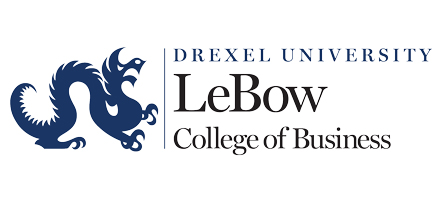When it comes to the MBA degree and Boston, Harvard Business School hogs a lot of the attention. But Harvard isn’t the only game in town. In fact, when it comes to the executive MBA degree, Harvard isn’t even in the game, never having offerred an EMBA program.
Instead, Boston area managers and executives have nearly a dozen solid degree-granting programs from which to choose. Among them are programs that blend online learning with classroom instruction, feature week-long residencies and international study excursions, boast classes taught by multiple professors from different disciplines, and throw challenging capstone projects at teams of students. Some of these programs start in January of every year; others in March, September, and October.
All told, it’s a nicely varied array of MBA options for managers who don’t want the burden of having to travel hundreds of miles every other weekend to get an MBA in either New York, Philadelphia or even further away.
Babson College, known for its entrepreneurial focus, has two options: a “Fast Track” MBA and a more traditional evening MBA program. The 21-month Fast Track program combines 14 face-to-face sessions that meet every seven weeks for two and one-half days (Thursday afternoon through Saturday) and more regular web-based sessions.
Boston University, which boasts the highest ranked EMBA program in downtown Boston, has an 18-month program taught in classes that meet on alternating Fridays and Saturdays at BU’s School of Management in Kenmore Square. The program also features four residential weeks, including an international study excursion that has recently brought students to China, Vietnam and Turkey.
MIT Sloan, one of the world’s best universities, enrolled its very first class of EMBA candidates in October of 2010. The inaugural group of some 70 students meet just about every three weeks for 26 Friday-Saturday sessions as well as four eight-day, on-campus learning modules. Students will also participate in a week-long action learning course – Global Organizations Lab (GO-Lab) – during which students work on a team-based consulting project with an international company.
Another interesting option is the relatively new partnership program between Cornell University in Ithaca and Queen’s University in Kingston, Ontario, Canada. The Cornell-Queens program is delivered in nearby Salem, N.H., about a 45-to-60 minute drive from Boston over three Saturdays every month via videoconferencing. There’s also three residential sessions of seven to 15 days in length during the 16-month program. For a program largely delivered via videoconferencing, however, it’s not cheap: the $106,890 price tag makes it the second most expensive option in the Boston metro area.
How do these programs stack up against each other?
- The rankings leader in the market might very well surprise you. It’s the Cornell-Queen’s partnership program which PoetsandQuants currently ranks at 32nd in the world. What about MIT? It’s not yet ranked because the program, which took in its first class in October of 2010, has yet to graduate a class.
- The most expensive program in the market is MIT’s EMBA with a total tuition cost of $141,000, a sum that does not include the cost of overnight accomodations.
- The least expensive? Bentley College’s McCallum Graduate School of Business’ $58,596 Executive MBA which can be taken either on-campus or online.
- Northeastern University and the Cornell-Queen’s partnership program are the shortest options, allowing students to get an Executive MBA degree in just 16 months.
- The most experienced managers and the oldest are enrolled in Suffolk University’s EMBA program. The average age of a incoming student there is an unusually high 40 with 18 years of work experience.
- The youngest students are in Babson’s “fast track” program where the average participant comes with just eight years of work experience.
- MIT has the largest contingent of international students–39% in the latest entering class, though only 5% in its program actually travel to the program from other countries.
- Northeastern’s EMBA program has the highest concentration of women with 43% of the latest entering class female.
- MIT says it is the most selective program in the area and among the most selective of EMBA programs in the world. With an acceptance rate of 25%, it certainly is.





